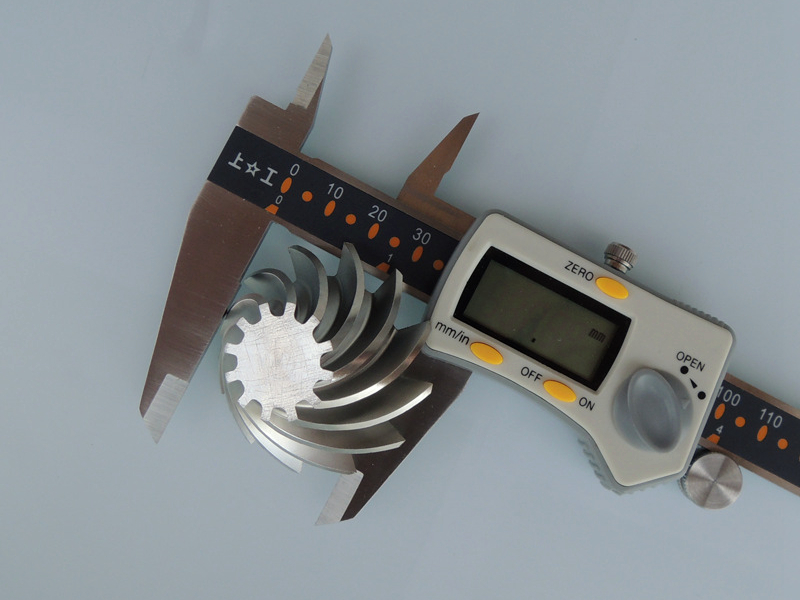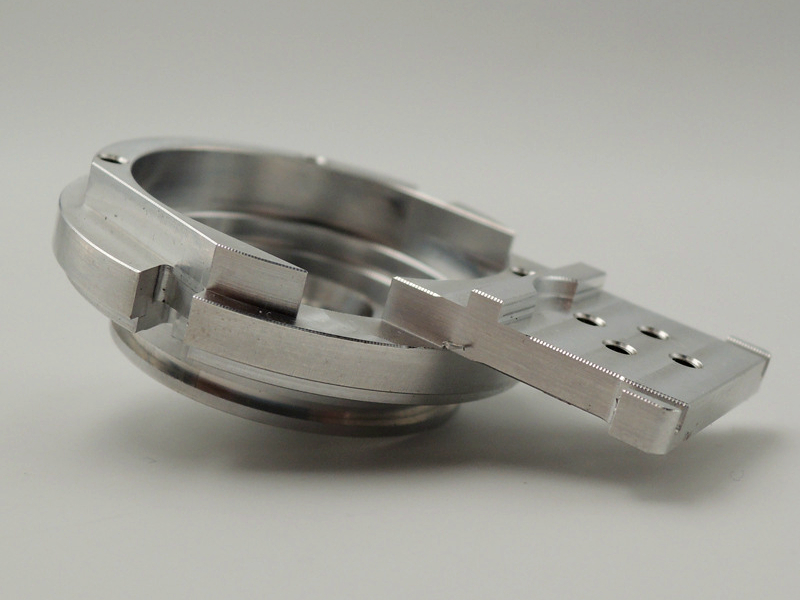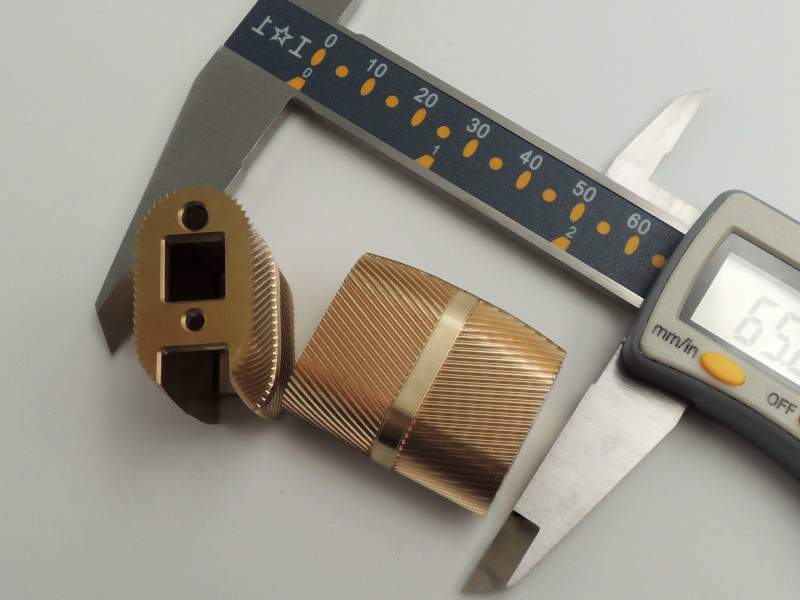Can I use the same material in prototype and production batches?
Can I Use the Same Material in Prototype and Production Batches?
Material Consistency Between Stages
Yes, using the same material in both prototype and production batches is not only possible but often recommended, especially when functional validation, regulatory compliance, or mechanical performance is critical. At Neway, we routinely machine prototype parts from the exact materials used in final production, including aerospace-grade Inconel 718, Ti-6Al-4V, Aluminum 6061, and PEEK.
Benefits of Using the Same Material
Using the same material from prototype to production ensures mechanical properties (e.g., yield strength, thermal conductivity, corrosion resistance) remain consistent throughout development. For example, aluminum prototypes may pass structural testing at 275 MPa yield strength but switching to a lower-grade alloy in mass production could result in failure. Additionally, materials like Stainless Steel 316L or Carbon Steel 1045 often have strict certifications, and early alignment ensures smooth transition into regulatory audits or supply chain QA.
Machining Considerations
Some materials may behave differently in prototyping versus mass production due to lot variations or thermal treatment. At Neway, we source materials from stable suppliers and apply identical machining parameters across both stages—including cutting speeds, feed rates, and toolpaths—to eliminate variability. For precision parts, this enables consistent tolerances (±0.01 mm) and surface finishes (Ra ≤ 1.6 μm) in both prototype and full-run batches.
When a Substitute Material Makes Sense
In some cases—such as rapid concept testing or early-stage feasibility—you may use a substitute material (e.g., aluminum instead of titanium) to reduce lead time or cost. However, we recommend switching to the production-grade material by the pre-production stage to validate performance under real conditions.
Relevant Manufacturing Services You May Need
● CNC Machining Services ● CNC Machining Prototyping ● Low-Volume Manufacturing ● Material Selection Support ● Rapid Prototyping
With Neway’s integrated prototyping-to-production services and 20+ years of experience, we ensure material traceability, machining consistency, and global delivery, no matter the volume.



